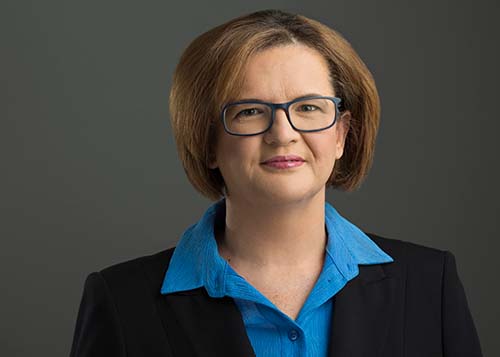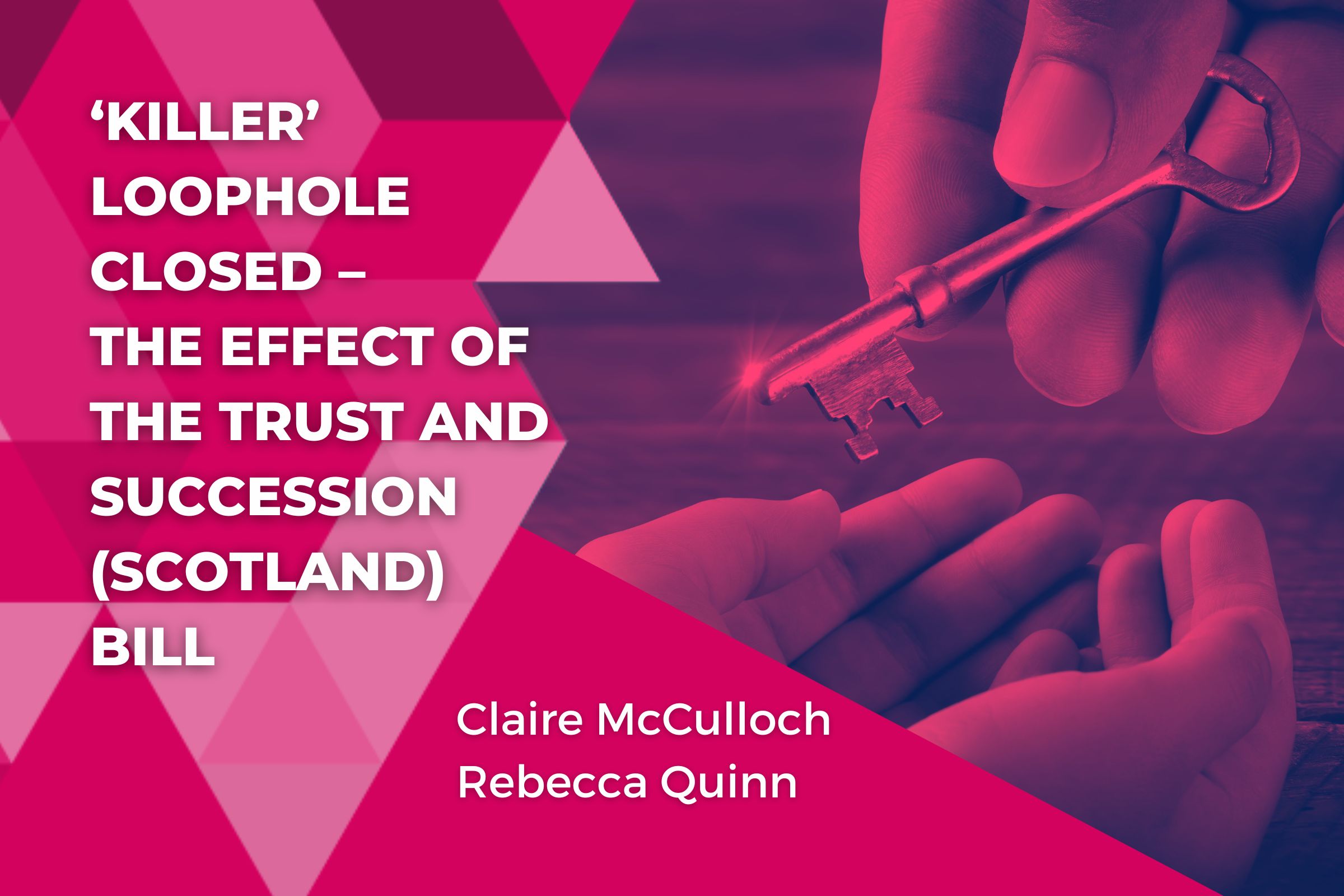- About
- Individuals & Families
- Family Law
- Adoption Services
- Children
- Child Relocation
- Civil Partnerships
- Cohabitation
- Collaborative Law
- Divorce
- Family Mediation
- Grandparent Rights in Scotland
- Guardianship Orders
- Parental Rights & Responsibilities
- Prenuptial Agreements
- Postnuptial Agreements
- Separation Agreements
- Separation and Divorce
- Wills & Estate Planning
- Mediation & Alternative Dispute Resolution
- Adoption Services
- Personal Injury
- Accidents at Work
- Accidents at Work Claims Guide
- Cycling Accidents
- Falls from Height
- Guide to Claiming Personal Injury Compensation
- Hand Injuries
- Head and Brain Injury
- Injuries in Public Places
- Knee Injury
- Manual Handling Regulations
- Motorcycle Accidents
- No Win No Fee & 100% Compensation
- Road Traffic Accidents
- Shoulder Injury
- Spinal Injury
- Accidents at Work
- Private Client
- Estate and Inheritance Tax Planning
- Executry Service
- Legal Guide for Attorneys
- Legal Guide to Powers of Attorney
- Obtaining Confirmation (Probate) in Scotland
- Trusts
- Updating your Will
- What to Do When Someone Dies in Scotland
- What Happens If I Die Without A Will in Scotland?
- Why Should I make a Will?
- Winding Up an Estate in Scotland
- Wills & Trusts
- When is Inheritance Tax Payable on an Estate?
- What Are an Executor’s Duties?
- Estate and Inheritance Tax Planning
- Residential Property
- Employment Law
- Bullying and Harassment
- Discrimination in the Workplace
- Employment Contracts, Policies & Procedures
- Employment Tribunal Claims
- Maternity & Paternity Rights
- Pay & Bonus Disputes
- Redundancy
- Restrictive Convenants
- Settlement Agreements
- TUPE Regulations
- Unfair Dismissal
- Whistleblowing
- Employment Law Advice for Employees
- Discipline and Grievance
- Sectors
- Bullying and Harassment
- Family Law
- Businesses & Organisations
- Commercial Property
- Corporate
- Data Protection & GDPR
- Dispute Resolution & Litigation
- Employment Law Advice for Employers
- Bullying and Harassment
- Discrimination in the Workplace
- Employment Contracts, Policies & Procedures
- Employment Tribunal Claims
- Maternity & Paternity Rights
- Outsourced Employment Law & HR Services
- Pay & Bonus Disputes
- Redundancy
- Restrictive Convenants
- Settlement Agreements
- TUPE Regulations
- Unfair Dismissal
- Whistleblowing
- Discipline and Grievance
- Sectors
- Licensing
- Advice on Acquisitions and Sales of Licensed Premises
- Extended Hours Applications
- Late Hours Catering Licences
- New Grants of Premises Licences
- Occasional Licences
- Off Sales Licensing Compliance Checklist
- On Sales Licensing Compliance Checklist
- Personal Licence Renewals
- Public Entertainment Licensing
- Renewing a Personal Licence
- Tables and Chairs Permits
- Transfers of Premises Licence
- Variations of Existing Premises Licences
- Advice on Acquisitions and Sales of Licensed Premises
- News
- Contact
- Reviews























